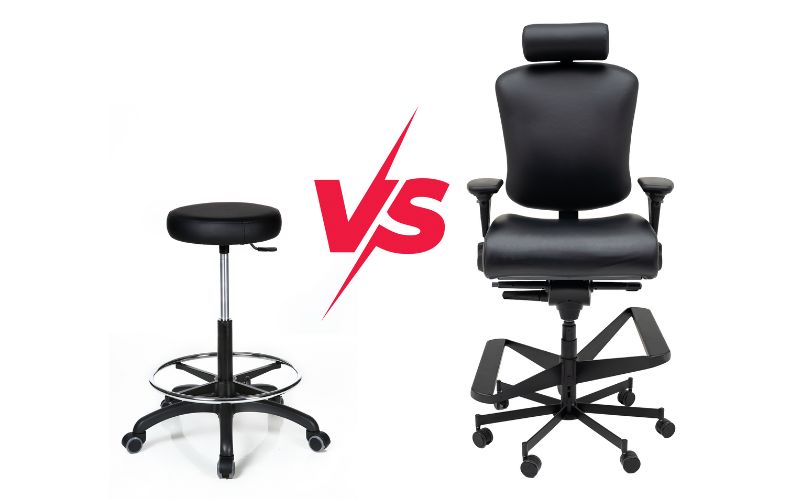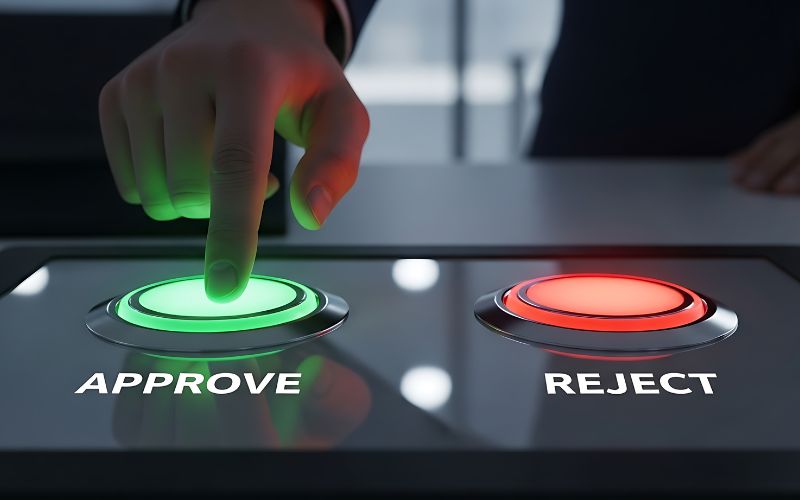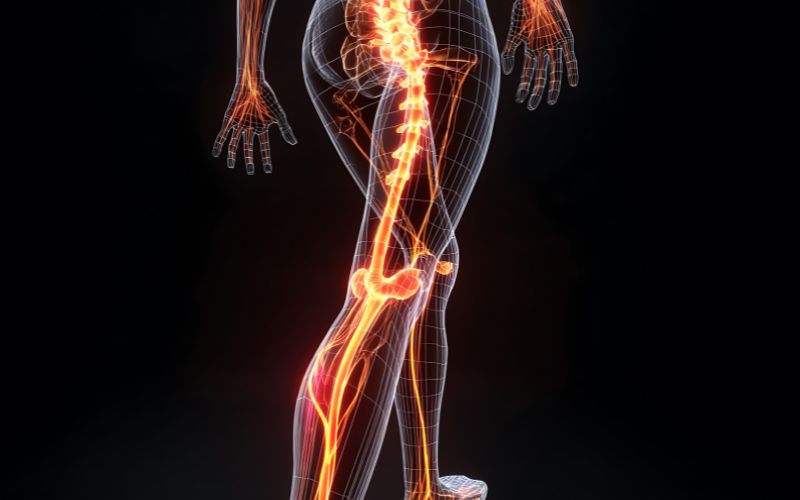When furnishing a 24/7 workspace, selecting comfortable and supportive seating will improve people’s posture and enhance productivity. There are various seating options available that cater to different working styles.
Some chairs offer around-the-clock use with robust support and adjustability for individuals spending extended hours at a desk. Others provide a compact and flexible solution. Understanding the differences between 24/7 office chairs and stools can help you make an informed choice.
Intended Usage
A 24/7 office chair is ideal for continuous use, particularly in call centers, control rooms, and healthcare facilities. These chairs can withstand the demands of multiple users over extended periods, accommodating different body types and continuous movement.
A 24/7 stool is popular in professions that require quick access to an elevated workstation or in supervisory positions where a manager needs a bird’s-eye view of the work floor. Common in labs, dispatch centers, and more, stools are the best option for added height. They offer versatility and ease of movement with an elevated viewpoint.
Adjustability and Features
A high-quality 24-hour office chair typically features various adjustment options, enabling users to customize the chair to their individual preferences. Height adjustments, swivel capabilities, adjustable lumbar, and tilt mechanisms are standard features that enhance user comfort and posture.
Traditional stools are commonly much simpler in design and functionality in comparison to office chairs. However, a 24/7 stool offers the same durability, adjustability, and ergonomic comfort that a 24/7 chair offers, just at a higher vantage point.
Durability and Materials
The 24/7 office chairs use heavy-duty materials, including reinforced frames and high-density foam padding, to ensure longevity even in high-pressure environments. The upholstery in these chairs can withstand wear and tear, often featuring synthetic materials that are easy to clean and maintain.
Traditional stools use lightweight materials, prioritizing portability and ease of movement. That is why it is important to select a 24/7 stool that offers the same benefits as a 24/7 chair.
Design and Comfort
One of the main differences between 24/7 office chairs and stools is their design and level of comfort. These chairs feature ergonomic elements, such as lumbar support, adjustable armrests, and contoured backrests, to minimize discomfort during extended periods of use.
Typically, stools have a more minimalistic design and generally lack comprehensive ergonomic features. This is not true of 24/7 stools; they are sturdy and tip-resistant. Plus, they feature all the ergonomic benefits necessary for someone who remains seated throughout long shifts.
Understanding these main differences will help you make the right choice for your workspace. Just as 24/7 office chairs excel in comfort, durability, and ergonomic features for prolonged use, 24/7 stools are essential for sedentary jobs because of their elevated stature. Investing in the right seating solution can significantly improve your staff’s productivity and overall well-being.




